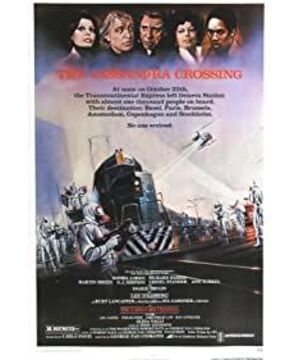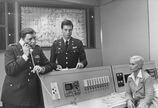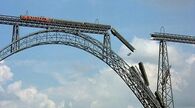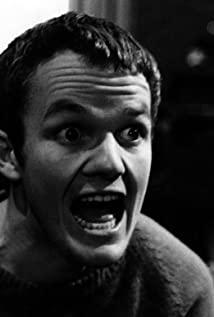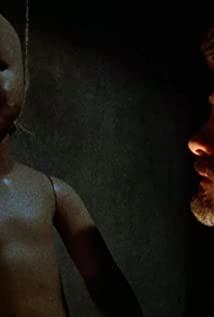It's about a train full of passengers infected with a highly contagious and deadly plague heading towards the Cassandra Bridge in years of disrepair (a government conspiracy for the benefit of the majority.), the final bridge As predicted by the government, the collapsed, high-concentration oxygen in the airtight train that seemed to be used to provide patients with breathing was actually a bomb prepared by the government for them, and it was no accident that the sparks generated by the oxygen during the fall detonated, , the outcome can be imagined. But no matter how catastrophic it is or how tough the government is, as long as it goes against people's will, people will always rally and resist. (Besides, the people who should have been infected by the plague were rescued by the invisible bomb prepared by the government—high-concentration oxygen, and the “pathogen” that should have been executed and pulverized no longer need to be ruthlessly destroyed. The resistance of time is a just resistance. Of course, while I am happy for those who have successfully saved themselves by their own resistance, I am also thinking of such a dramatic (comedy) scene in the film and television. In real life, people will still Are you that lucky? It's unknown.)
This seemingly simple film brings up a lot of topics worth thinking about:
First, when a disaster strikes, the government has the right to act in the interests of the majority Are the interests (life) of the few people with disregard?
Second, the people gave up some of their rights and freedoms to form a government and a state for their own greater well-being, but when the government has no longer benefited the people for its own interests, does it still make sense?
Third, for individuals, whether they can give up their own interests or even their lives for the interests of most people (happiness, life, etc.) when disaster strikes. Is there such a spirit of sacrifice? When disaster strikes, can I stay calm and think calmly in the face of danger?
Fourth, survival is the nature of every human being, and it is also the nature of primitive natural people. But as a civilized person, can reason overcome nature?
...
View more about The Cassandra Crossing reviews


